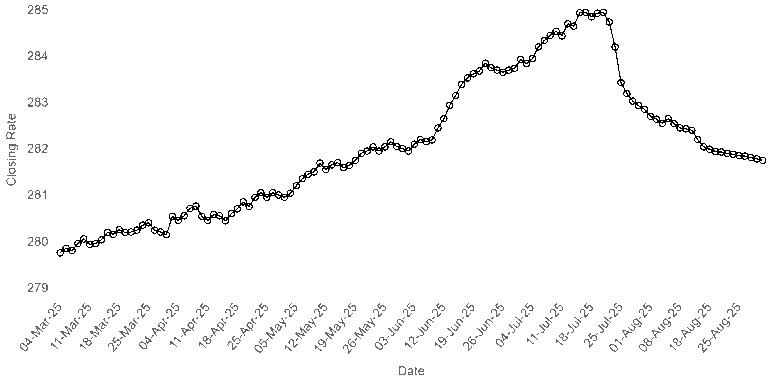
Investing and Wealth Building: Your Guide to Financial Freedom in 2025
Investing and wealth building are powerful tools for achieving financial independence and securing your future. Whether you’re just starting or looking to grow your portfolio, understanding the fundamentals of smart investing can set you on the path to long-term wealth. In this guide, we’ll explore proven strategies, practical tips, and the latest trends in investing to help you build wealth effectively in 2025.

Why Investing is Key to Wealth Building
Investing allows your money to work for you, generating passive income and growing over time through compound interest. Unlike saving, which preserves your money, investing leverages opportunities in stocks, real estate, and other assets to outpace inflation and build substantial wealth. In 2025, with markets evolving and new technologies like AI shaping opportunities, strategic investing is more important than ever.
Benefits of Investing for Wealth Building
- Compounding Growth: Reinvesting earnings accelerates wealth accumulation.
- Inflation Protection: Investments like stocks and real estate often outpace inflation.
- Diversified Income Streams: Multiple assets reduce financial risk.
- Financial Freedom: Passive income from investments can replace active income.

Top Wealth-Building Strategies for 2025
1. Start with a Clear Financial Plan
A solid financial plan is the foundation of wealth building. Define your goals—whether it’s retirement, buying a home, or funding education—and create a budget to allocate funds for investing. Use tools like robo-advisors or consult a financial planner to align your investments with your risk tolerance and timeline.
Actionable Tip: Save at least 20% of your income for investments. Automate contributions to ensure consistency.
2. Diversify Your Investment Portfolio
Diversification reduces risk by spreading investments across asset classes like stocks, bonds, real estate, and cryptocurrencies. In 2025, consider emerging sectors like green energy, AI, and blockchain, which are gaining traction. Index funds and ETFs remain popular for low-cost, diversified exposure to markets.
Popular Investment Options:
- Stocks: High-growth potential, ideal for long-term investors.
- Bonds: Stable, lower-risk investments for steady income.
- Real Estate: Rental properties or REITs for passive income.
- Cryptocurrencies: High-risk, high-reward assets like Bitcoin or Ethereum.
3. Leverage Compound Interest
The earlier you start investing, the more time your money has to grow through compounding. For example, investing $10,000 at a 7% annual return could grow to over $76,000 in 30 years. Retirement accounts like 401(k)s or IRAs are excellent vehicles for tax-advantaged compounding.
Pro Tip: Maximize contributions to tax-advantaged accounts to boost long-term gains.

4. Stay Informed on Market Trends
In 2025, markets are influenced by AI-driven innovations, sustainable investing, and global economic shifts. Follow reputable sources like Bloomberg, Financial Times, or posts on X for real-time insights. Stay cautious of speculative trends, but don’t shy away from calculated risks in growing sectors.
Example: Green energy stocks are projected to grow as governments push for net-zero goals.
5. Manage Risks Effectively
Investing involves risks, but you can mitigate them by:
- Researching Thoroughly: Understand the assets you invest in.
- Setting Stop-Loss Orders: Limit potential losses in volatile markets.
- Rebalancing Regularly: Adjust your portfolio to maintain your desired risk level.
Common Mistakes to Avoid in Wealth Building
- Chasing Trends: Avoid hype-driven investments like meme stocks without research.
- Neglecting Fees: High management fees can erode returns over time.
- Emotional Investing: Stick to your plan, even during market dips.
- Lack of Diversification: Don’t put all your money in one asset class.

Tools and Platforms for Investing in 2025
Technology has made investing accessible to everyone. Popular platforms include:
- Robo-Advisors: Betterment and Wealthfront offer automated, low-cost investing.
- Brokerage Apps: Robinhood and Fidelity provide user-friendly trading.
- Crypto Exchanges: Coinbase and Binance for digital assets.
- Real Estate Platforms: Fundrise and RealtyMogul for property investments.
Tip: Compare fees and features before choosing a platform to maximize returns.
The Role of Financial Education
Continuous learning is critical for wealth building. Read books like The Intelligent Investor by Benjamin Graham or follow thought leaders on X for fresh perspectives. Understanding financial concepts like dollar-cost averaging, asset allocation, and tax strategies empowers you to make informed decisions.
Start Building Wealth Today

The best time to start investing is now. Begin with small, consistent contributions, diversify your portfolio, and stay disciplined. Over time, these habits will compound into significant wealth. In 2025, with opportunities in AI, sustainable investing, and global markets, there’s never been a better time to take control of your financial future.
Call to Action: Open an investment account today, start with as little as $100, and commit to learning one new investing concept each month.
Disclaimer: Investing involves risks, and past performance doesn’t guarantee future results. Consult a financial advisor before making investment decisions.







